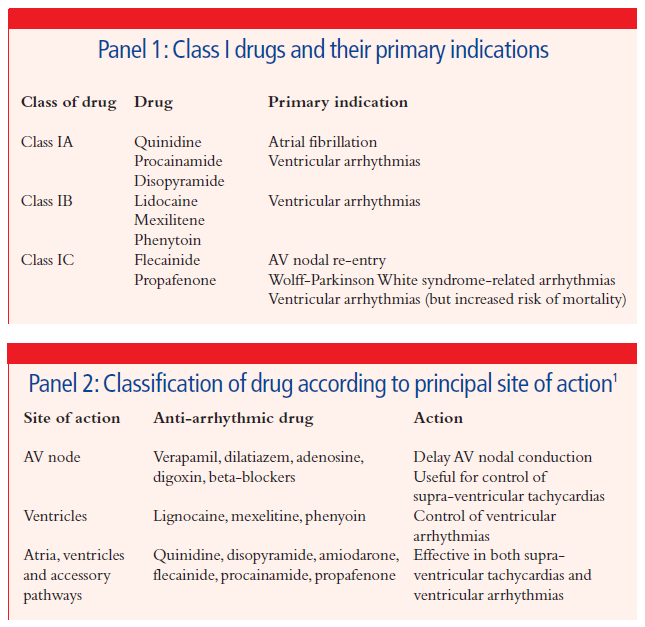The Most Common Cause of Arrhythmia – Understanding the Various Types of Arrhythmia
The word "arrhythmia" literally means a rapid change in the normal frequency of electrical impulses. When the heart is not beating properly, it cannot pump the required amount of blood throughout the body. This is why it is so important to have regular check-ups with your doctor. He or she will be able to provide you with the information you need about which arrhythmia treatment is best for your condition.
One of the common causes of arrhythmias is heart disease. It is usually characterized by a violation of the pumping activity of the heart. It can sometimes cause heart attack and stroke.
It can also result from congenital heart defects such as myocardial infarction, myocardial scarring, and congenital valve malformations. Another possible cause of arrhythmias may be an abnormal structure of the upper respiratory tract, which leads to an increase in the level of carbon monoxide in the blood.
The most common form of arrhythmia is angina, which means high blood pressure (hypertension). This can affect both men and women and has many reasons. One of them is the excessive production of angiotensin II by the adrenal glands. Another is narrowing of the coronary arteries.
Another cause of arrhythmia is a malfunctioning pacemaker. This type of arrhythmia is called arrhythmia without cardiomyopathy. A more serious type of arrhythmia, called myocardial infarction, occurs when the left side of the heart is damaged and the blood supply to that area is cut off.
If the affected heart stops pumping blood, the body tries to replace it with another. That is why this disease is called refractory. However, some patients can heal this condition even after the heart has stopped working. These patients are known to have good arrhythmias.
Other heart problems, such as congenital heart defects, can have different causes. However, most of them can be treated with medication. While there are some complications that can occur if not treated in time, these complications are usually minor and not life-threatening.

Heart problems can be very dangerous if not treated promptly
Therefore, you should always discuss this case with your doctor. Since this is not what anyone wants to hear, you should always try to be vigilant and take all precautions.
You can also find the right treatment online. There are many websites that are dedicated to informing people about this condition. They also offer a list of resources to help you find the best treatment for you.
Correct treatment of arrhythmias also involves diet. People with this condition should make sure what they eat antioxidant foods. These foods are high in vitamin C, vitamin E, folate and coenzyme Q10. These foods are essential to keep your heart working properly.
This is because foods that contain too much cholesterol can contribute to complications of your condition. Therefore, it is important to avoid foods high in cholesterol and sodium.
Foods that contain too much sodium include meat, seafood, fried foods, and any foods high in salt. In fact, you should avoid all types of junk food if you are prone to heart attack.
A healthy diet combined with daily exercise can be very effective in preventing heart attacks and other complications. Plus, regular exercise and getting enough sleep are also very important in preventing this condition.
